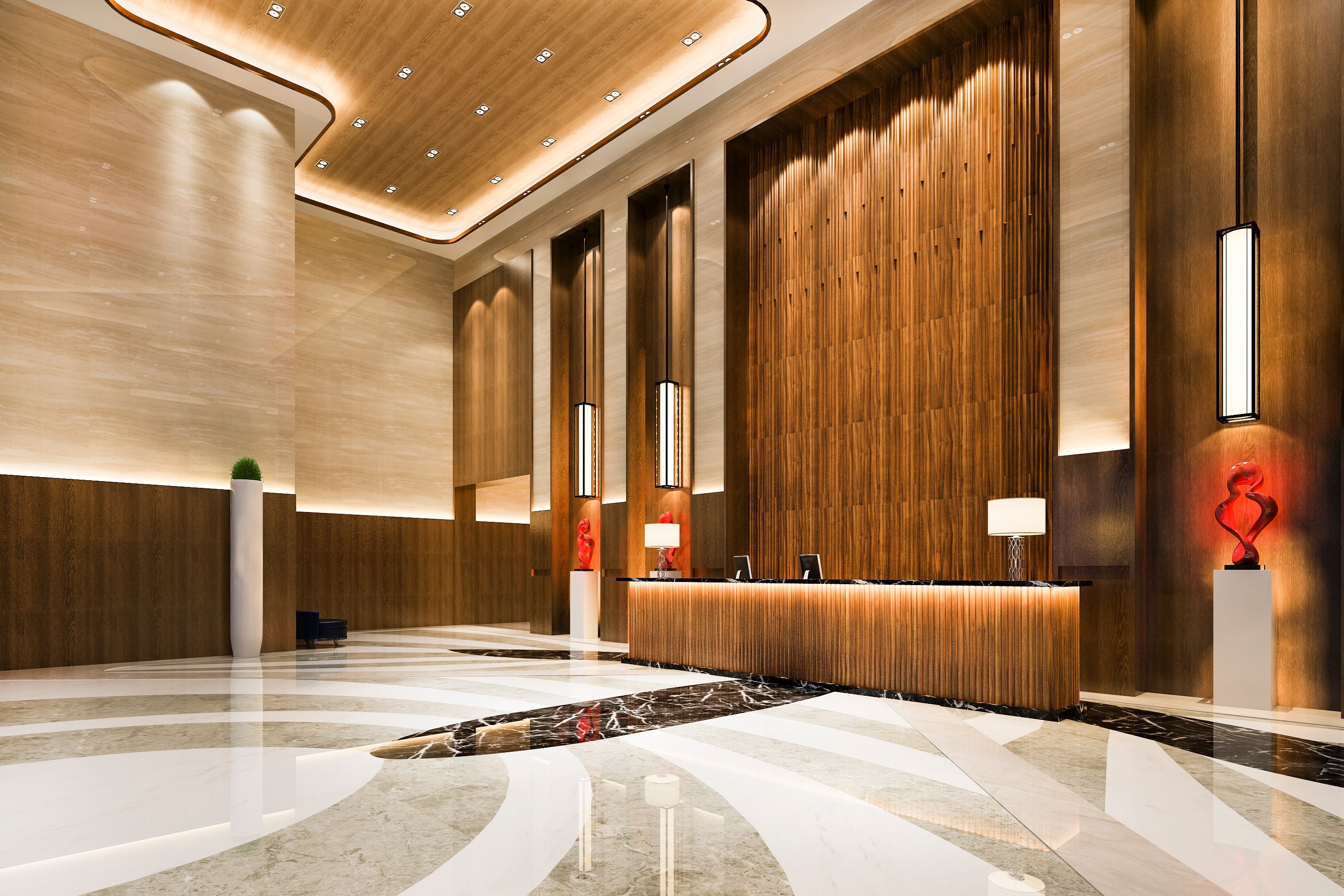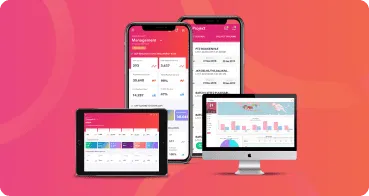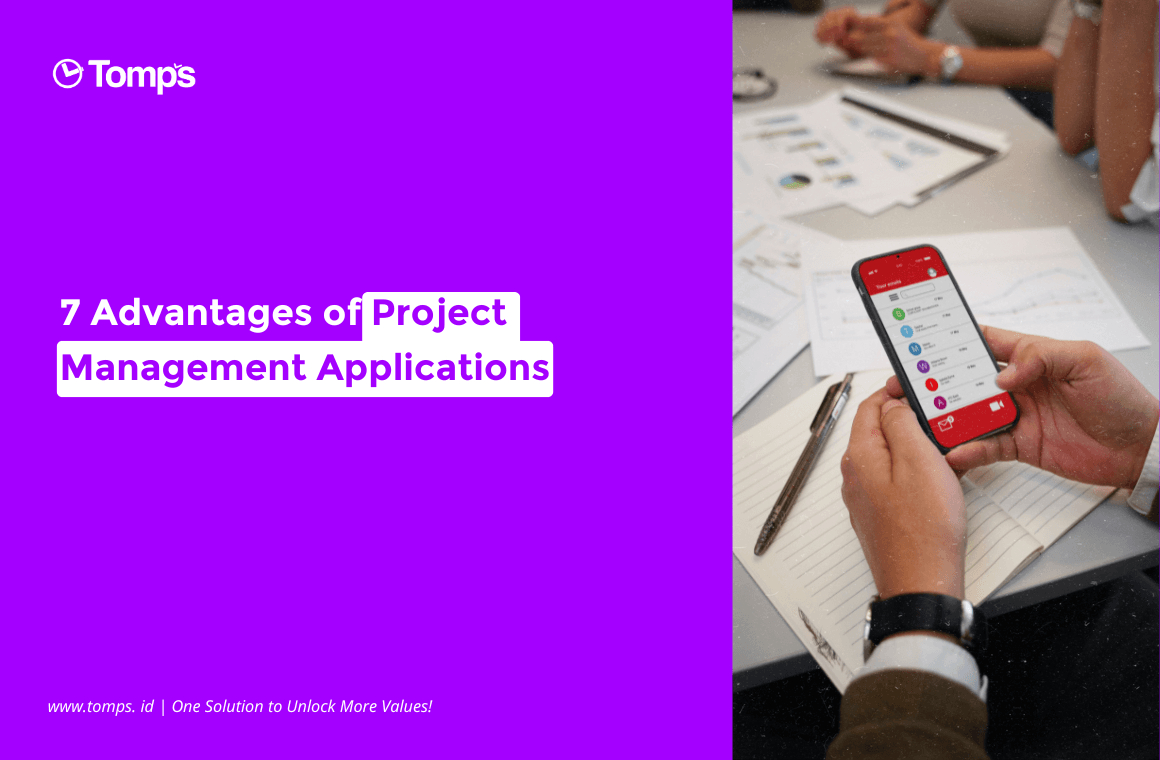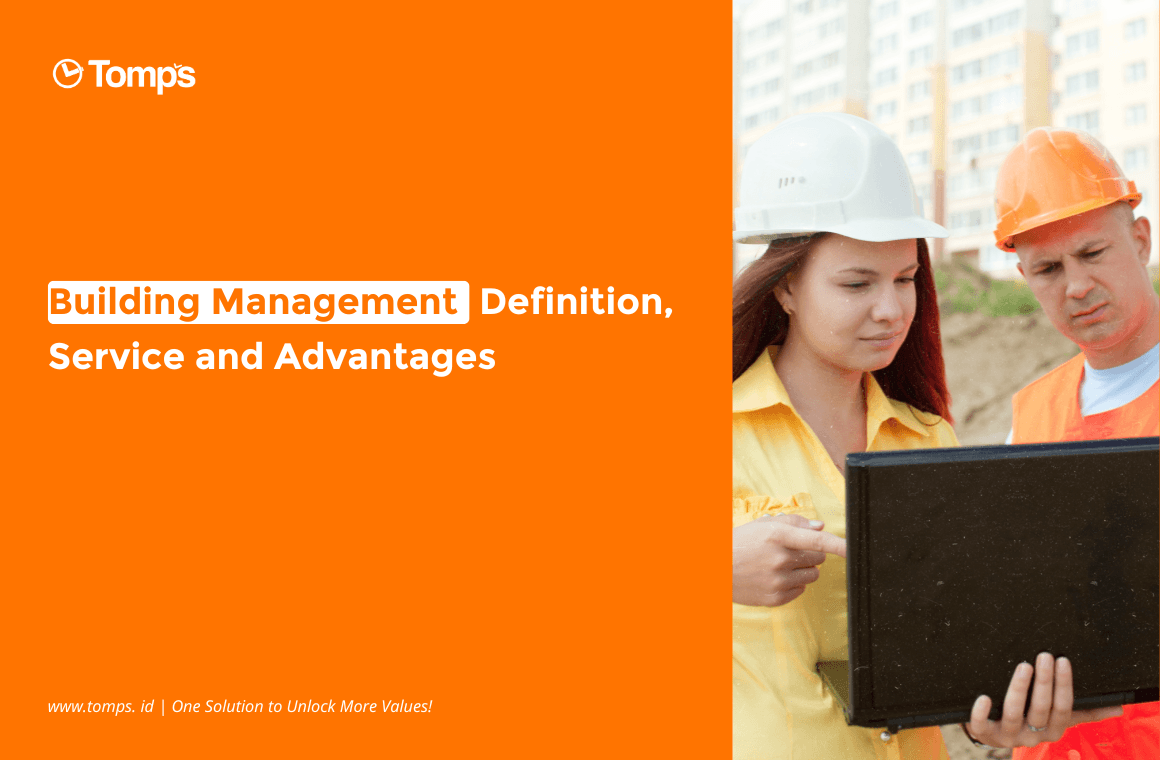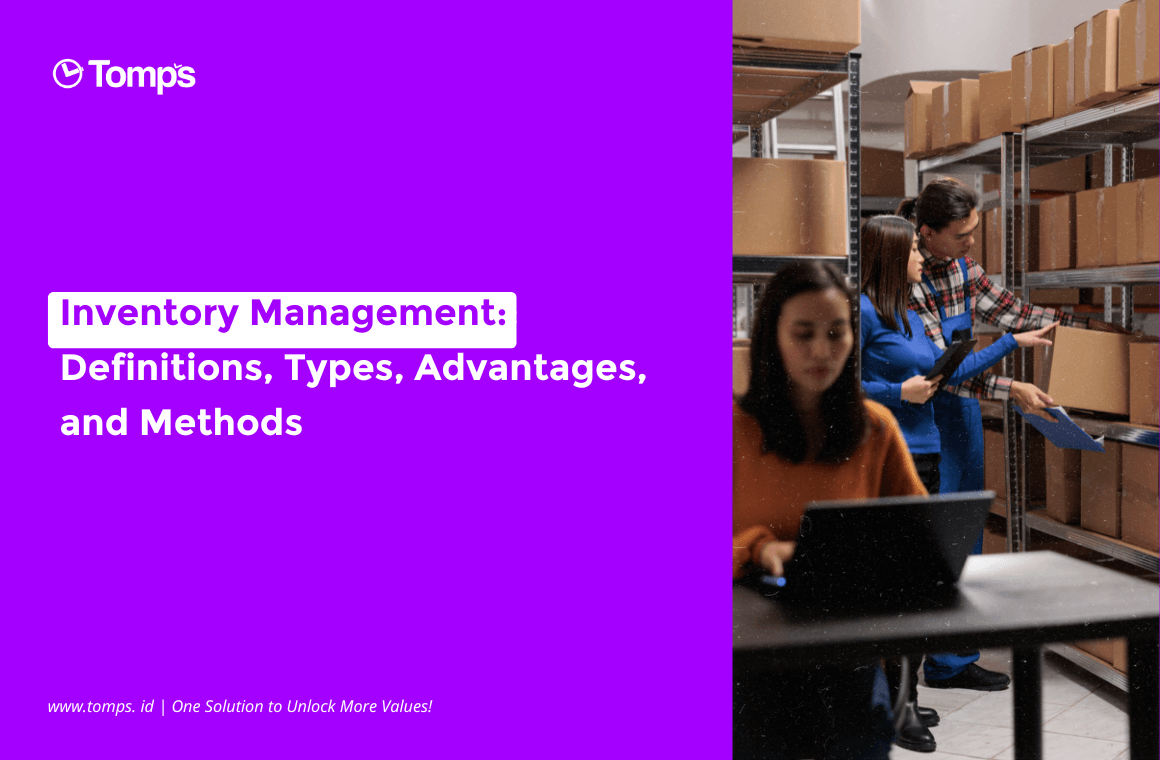Introduction
In the increasingly competitive world of hospitality, operational efficiency and high-quality service are the keys to success for hotel owners and managers. One technology tool that has helped transform the way hotels manage their properties is the Property Management System (PMS). With the integration of advanced technology, PMS not only automates operational processes, but also improves guest experience and hotel management efficiency. This article will take an in-depth look at the Hotel Property Management System, its significant benefits, key features, successful implementation, as well as its positive impact on the hospitality industry.
Definition and Role of Property Management System (PMS) in the Hospitality Industry
Based on one of the articles published by Ciputra University, Property Management System (PMS) is an integrated computerized system, which makes it easy for Management to manage and control property management, operations and service Management, maintenance and security (Mustapa & Adnan, 2008). In the context of the hospitality industry, PMS is software that integrates various aspects of hotel operations into a single platform. With a focus on property management and guest services, PMS is at the core of technology in modern hotel operations. The main functions of PMS include reservations, guest check-in/check-out, room management, inventory management, cleaning scheduling, financial reporting, and data analysis.
PMS acts as an operational backbone that assists hotels in maximizing process efficiency and effectiveness. With advanced integration, PMS allows all hotel departments, such as reception, housekeeping, food service, and finance, to communicate in a better and coordinated manner.
Key Benefits of a Hotel Property Management System
1. Improved Operational Efficiency: PMS implementation helps reduce dependency on manual processes, such as reservation recording and inventory management, which can be time-consuming and error-prone.
2. Improved Guest Service: With easy access to guest information and booking history, staff can provide more personalized service that matches guest preferences.
3. Better Room Management: PMS allows hotels to optimize room cleaning scheduling, making it more efficient and ensuring constant room availability.
4. Accurate Financial Integration: PMS integration with accounting systems helps hotels in tracking income and expenses accurately, resulting in more detailed financial reports.
5. In-depth Data Analysis: PMS collects data on booking trends, guest preferences, and operational performance. This information provides valuable insights for management in making decisions based on concrete data.
Application Example of Hotel Property Management System

1. Online Reservation and Booking: PMS allows guests to make reservations through the hotel's website or online booking platform, with information directly integrated into the system.
2. Automated Check-in and Check-out: The check-in and check-out process can be automated, reducing queues and speeding up guest registration.
3. Efficient Room Management: PMS monitors room status, helping staff to better maintain and clean rooms.
4. Guest Information Tracking: PMS stores booking history and guest preferences, helping staff provide a more personalized experience.
5. Connected Financial Integration: Integration with accounting systems ensures that financial data is current and accurate.
6. Reports and Analytics: PMS generates reports that enable management to understand operational performance and identify opportunities for improvement.
Successful Implementation and Positive Impact on the Hospitality Industry

Example of Successful Implementation of Hotel Property Management System:
1. Marriott International:
Marriott International adopted a Property Management System in its global network to integrate the operations of more than 4,000 properties around the world. PMS helps ensure uniform service quality and consistent operational efficiency across all properties.
2. Hilton Hotels & Resorts:
Hilton uses a Property Management System to optimize guest experience and operational efficiency. PMS helps in monitoring real-time room status, coordinating guest services, and reducing check-in time.
The implementation of the Property Management System has also had a significant positive impact on the hospitality industry, namely:
1. Improved Operational Efficiency: Automated processes reduce staff workload and increase productivity, allowing staff to focus on guest interactions.
2. Increased Revenue: PMS helps in increasing the number of reservations and optimizing room rates based on trend and demand data.
3. Improved Guest Experience: With easy access to guest data, staff can provide more personalized service that matches guest preferences.
4. Better Management: System integration helps management keep a close eye on operations, identifying areas for improvement.
5. Deeper Analytics: The data collected by PMS provides the insights needed to make better decisions, including in marketing strategy planning.
Tomps Building as a Hotel Property Management System
From the previous explanation, the Property Management System is very important for the sustainability of hotel operations. Starting from the roles, benefits, and aspects contained in the property management system are very helpful in optimizing operations in the hospitality industry. Now all the features needed in the hotel management system can be found through one application, namely Tomps Building.
Tomps Building comes as a web-based and mobile management system designed for real-time planning, control, and monitoring. This application can help meet the needs of digitizing building operational management systems in building management, one of which is in the hospitality industry. Some of the features presented include booking facilities, access to customer information, payments, handling complaints, emergency calls and much more. Obviously, all the operational needs of the hotel management system can be found through the Tomps Building application.
Conclusion
Hotel Property Management System has proven itself as an essential component in optimizing operations and services in the hospitality industry. By integrating various aspects of operations and providing valuable insights, the Property Management System assists hotels in providing a better guest experience and improving overall operational efficiency. In an era of ever-evolving technology, the implementation of a Property Management System is an important step to remain competitive and meet the increasingly high expectations of guests. One way to realize the use of Property Management System in the hospitality industry is by using the Tomps Building application. The application can provide ease of service by integrating various operational aspects needed. So that by using Tomps Building all hospitality management activities can be carried out easily and carefully.
Source
Ainin, S., Parveen, F., Moghavvemi, S., Jaafar, N. I., & Nafei, W. (2015). Factors influencing the use of social media by SMEs and its performance outcomes. Industrial Management & Data Systems, 115(3), 570-588.
O'Connor, P., & Frew, A. J. (2010). A Comparative Analysis of Property Management Systems for Small Hotels. Journal of Hospitality and Tourism Technology, 1(2), 160-169.
Hotel Tech Report. (2022). Hotel Property Management Systems: Ultimate Guide. Diakses dari https://www.hoteltechreport.com/guides/hotel-property-management-systems.
Kasavana, M. L., & Cahill, D. J. (2014). Technology Strategies for the Hospitality Industry. Pearson.
Hamid, S., & Qiang, H. (2017). A Survey of Property Management Systems in the Hospitality Industry. International Journal of Information Management, 37(2), 183-191.


